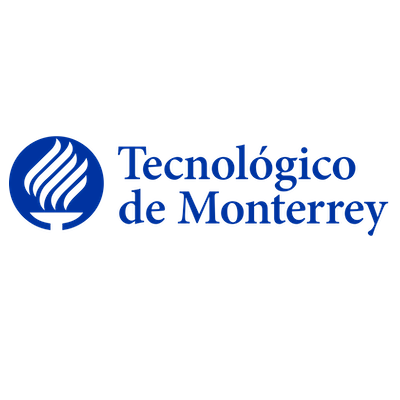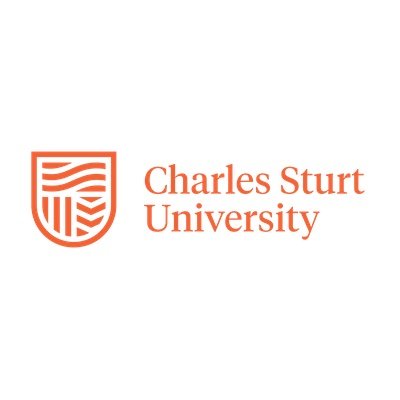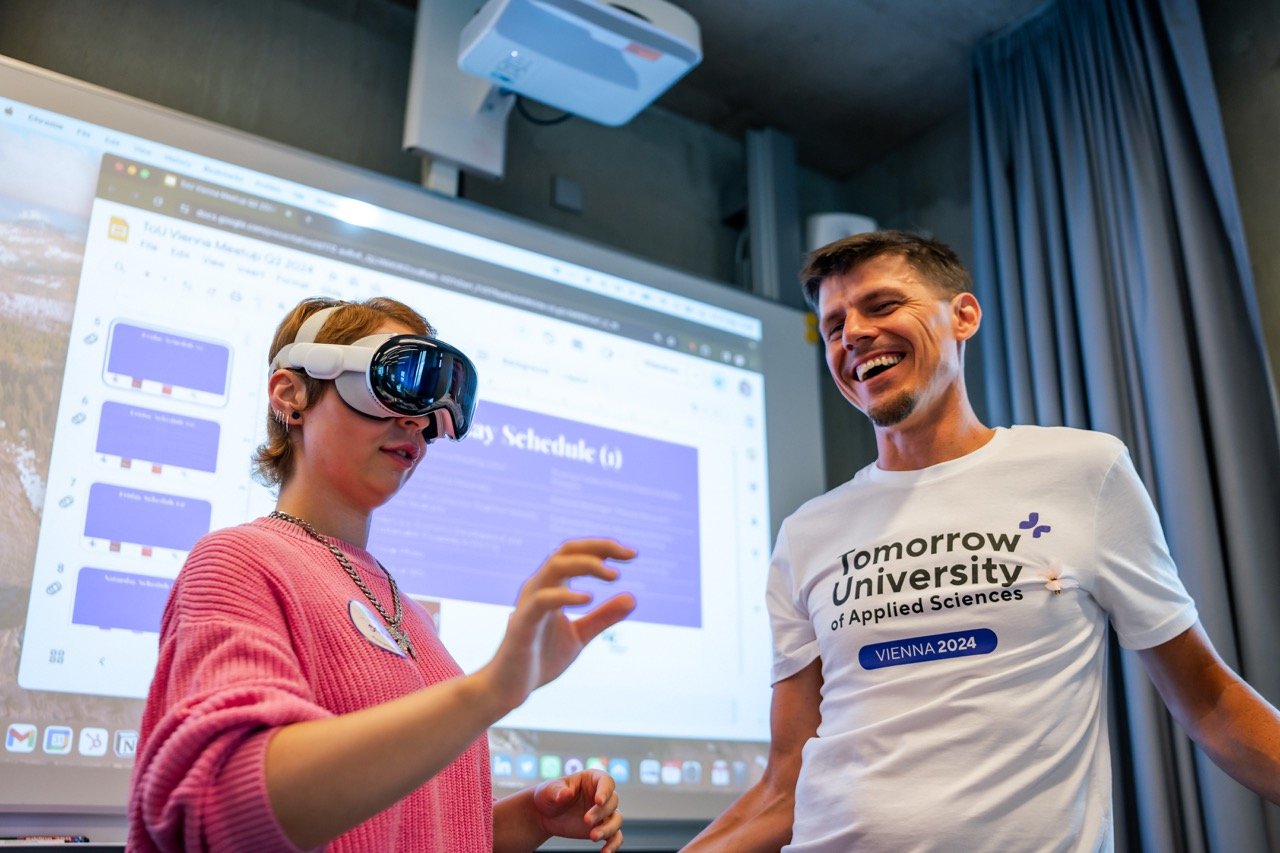Innovative Hybrid Universities
University 2025
Transformation and Consolidation
The higher education sector is undergoing a profound phase of transformation and consolidation. In the United States alone, traditional universities have lost over 800,000 students since pre-pandemic levels (1)—a 4.2% decline—while 73 colleges have closed or merged since 2020 (2). This phenomenon highlights a sector striving to adapt to rapid environmental changes and the evolving demands of students.
Increasing competition, the emergence of new players, and innovative educational models are driving a revolution in universities worldwide. Institutions are expanding their reach beyond national borders and exploring formats beyond traditional degree programs, which have been the most affected, experiencing a loss of over 900,000 students (3) (6% of the total). This global challenge requires a strategic rethink, new partnerships, and deep transformations in a market that, despite its difficulties, continues to expand.(4)


Toward Competency-Based Education
One of the primary forces behind this transformation is the integration of technologies that are shifting the focus of learning—from passive content consumption to demonstration of competencies. This new flexible university model, which blends and optimizes digital and in-person environments, enables institutions not only to attract students at the start of their professional careers but also to support them throughout different stages of life.
Successful examples of this vision include Southern New Hampshire University, which has managed to attract over 180,000 students from around the world, despite the capital of its home state having a population of fewer than 50,000 people. This approach demonstrates how technology and globalization are redefining the geographic and demographic boundaries of higher education.
Examples of Hybrid Education Models
In this edition of University 2025, we analyze four institutions leading hybrid educational innovation from different perspectives and regions:




Additionally, this issue includes a special feature on the evolution of Global Universities, with insights from Noah Pickus, author of The New Global Universities: Reinventing Education in the 21st Century. Pickus also shares his experience as Associate Provost at Duke Kunshan University in China.
Technology is not only transforming how we learn, but also how we connect. As we explore in the article on Tomorrow University, building lifelong professional communities has become a fundamental pillar of the modern university experience. This includes both in-person and digital spaces designed to foster meaningful interaction between students, faculty, and alumni.
At a time when Artificial Intelligence dominates the conversation, it is crucial to reflect on how education can adapt and prepare future generations for the rapid transformations of the 21st century.
We hope you enjoy this edition and find inspiration in the models and perspectives we present.
Southern New Hampshire University 🇺🇸

Southern New Hampshire University (SNHU) has embraced a transformative movement in higher education, leveraging the advantages of modern technologies. More than 200,000 students from Latin America, Asia, and Africa participate in its online courses.
One of SNHU’s most notable initiatives is the Global Education Movement (GEM), which serves displaced and refugee populations, aiming to make education accessible to the most marginalized communities.
SNHU’s approach integrates the work of career advisors, local mentors, and peer networks, ensuring that students receive comprehensive support tailored to their unique challenges and aspirations.
Tecnológico de Monterrey 🇲🇽
The Instituto Tecnológico y de Estudios Superiores de Monterrey (Tec) in Mexico has been committed to educational innovation for decades. Its strategy goes beyond merely adopting widely used tools—it also takes the initiative to explore how emerging technologies can enhance education. As early as 1996, Tec launched its virtual university, and in 2018, it became the first university to deliver telepresence lectures using holograms.
As part of this trajectory, Tec has established its own dedicated research and development centers focused on technology-driven teaching innovation, such as Centro Innov@TE. Through these initiatives, the institution has developed various tools to optimize teaching and learning, including TECgpt, its proprietary generative artificial intelligence platform.

Tomorrow University

Founded in 2020, Tomorrow University is a technology-driven institution focused on personalized learning and strategic collaborations. In 2022, it became the first European edtech startup to gain state recognition as a university, accredited by the Department of Higher Education of Hesse (Germany). Its curriculum is built around 99 essential 21st-century skills, such as systems thinking, data science, and ethical leadership, replacing traditional grades with real-time competency tracking and project-based evaluations.
What makes Tomorrow University unique is its flexible, skills-focused approach. Students engage in real-world challenges co-designed with industry leaders like Tesla and Google instead of conventional courses. AI, virtual reality, and augmented reality enable personalized learning paths and real-time skill assessments.
Charles Sturt University 🇦🇺
Yindyamarra winhanganha” is a Wiradjuri saying about living well through respect, a philosophy reflected in Charles Sturt University’s hybrid education model. It emphasizes flexible learning and real-world connections, integrating fieldwork, industry collaborations, and AI-driven workplace simulations to prepare students for their careers. Through social impact projects, students apply their knowledge to issues like homelessness, mental health, and sustainability.
With a career-focused approach, the university maintains strong alumni ties, offering ongoing support while benefiting from their expertise. Innovation spaces and industry partnerships ensure that education remains practical, relevant, and closely linked to societal needs.

🎙️A conversation with Noah Pickus, Dean for Academic Strategy and Learning Innovation at Duke Kunshan University 🇨🇳

In The New Global Universities: Reinventing Education in the 21st Century, co-authored with astrophysicist Bryan Penprase, Noah Pickus explores the philosophy of eight innovative universities, including African Leadership University, Minerva University, and NYU Abu Dhabi. These institutions were chosen for their holistic, interdisciplinary approach, combining liberal arts and sciences, and for their global perspective and unique missions. Pickus brings firsthand experience from his role at Duke Kunshan University (DKU), a joint venture between Duke University and Wuhan University, which emphasizes interdisciplinary learning and problem-solving over content memorization.
Based on these experiences, Pickus advocates for an “open-source model” in higher education, where universities share curricula, methodologies, and best practices on a global scale. This collaborative approach fosters institutional synergy, moving beyond competition to ensure that expanding access does not compromise quality. As he warns, large universities can reach many students, but without careful planning, the education they offer may be inadequate.
Universidad 2025 is a publication by:
Nueva Revista
Nueva Revista is a Spanish publication dedicated to analyzing contemporary society, focusing on culture, humanities, science, art, and politics. It offers in-depth analysis and expert perspectives on topics such as higher education innovation, technological advancements, social change, and public policy. Featuring contributions from renowned academics, writers, and thought leaders, the magazine fosters critical dialogue and intellectual debate, making it a key reference for those interested in the intersection of knowledge, society, and progress.
If you’d like to read this year’s edition of University 2025 in Spanish, please click below:

In collaboration with Proeduca
PROEDUCA’s objective is to provide the best online higher education to its students and it achieves this through educational commitments at three universities: The International University of La Rioja, the Online University of Mexico (UNIR Mexico), and CUNIMAD. It also offers studies located in Peru, at the Newman Postgraduate School, and in the United States, where it has a presence through MIU City University Miami.

References:
1. https://uis.unesco.org/sites/default/files/documents/f_unesco1015_brochure_web_en.pdf
2. https://nscresearchcenter.org/current-term-enrollment-estimates/
3. https://www.bestcolleges.com/research/closed-colleges-list-statistics-major-closures/
4. https://nscresearchcenter.org/current-term-enrollment-estimates/